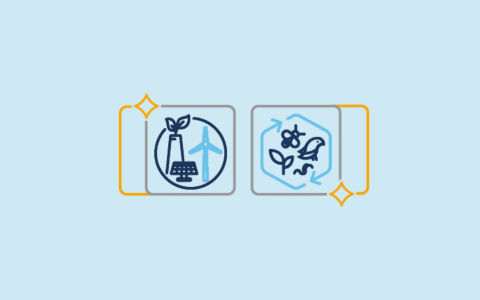Corporate credit
Data quality and disclosures: Sharing ongoing feedback with securities regulators and standard setters, such as the International Sustainability Standards Board (ISSB), to help shape rules and standards for improved data quality and clear, easy-to-understand sustainability disclosures.
Relevant metrics: Helping sell-side firms establish market “best practices” for different types of sustainable bonds. For instance, on “use of proceeds” bonds (e.g., green bonds), demanding clarity on the allocation of funds and robust governance around use of the bond’s proceeds. On sustainability-linked structures, ensuring that KPIs are relevant and that sustainability performance targets (SPTs) are material and sufficiently ambitious for the issuer (i.e., to minimize the risk of “greenwashing”).
Education and engagement: Coordinating on management and board engagement across fixed income, equity, and ESG specialist investors to get the most complete picture on how a given issuer’s ESG trajectory is likely to impact its entire balance sheet. Optimizing opportunities to engage with company management (Treasury and ESG) during pre-marketing of labeled sustainable debt offerings to espouse specific views and recommendations on companies’ sustainable practices/deal structuring.
Sovereign debt
Data quality and disclosures: Leveraging proprietary insights and information advantages on sovereign issuers to overcome shortcomings in the quality of “official” ESG data and disclosures.
Relevant metrics: Defining material “E”, “S”, and “G” metrics that are relevant to forward-looking indicators of sustainable and inclusive economic development and to sovereign issuers’ willingness and ability to pay their outstanding debt.
Education and engagement: Seeking to broaden the scope of government stakeholders with whom to engage (beyond “typical” central bank and finance ministry contacts) and joining industry consortia, such as the Emerging Markets Investors Alliance, to amplify managers’ voices on material ESG or sustainable topics.
Securitized credit
Data quality and disclosures: Leveraging differentiated climate research to make more nuanced and localized assessments of physical climate risks that should be priced into RMBS or CMBS deals and drawing on expertise in collateral-level deal analysis to identify data (e.g., FICO scores) that could be relevant to assessing “S” or “G” considerations across deals.
Relevant metrics: Working with issuers to begin defining which metrics or practices should even be considered material in the context of ESG or sustainability (e.g., What constitutes predatory lending? How should a lender factor climate risk into loan underwriting decisions?)
Education and engagement: Bringing a full tool kit of engagement strategies, including leveraging equity, corporate credit, and private investing relationships to educate originators of securitized collateral on how ESG and sustainability apply to their businesses.
Take a deeper dive
To learn more, view the full white paper, Sustainable fixed income investing comes of age.

















